This post may contain affiliate links, which means I’ll receive a commission if you purchase through my links, at no extra cost to you. Please read my full disclosure for more information.
This year, I’ve read many fantastic, thought-provoking non-fiction books. Here are 7 of my new favorite non-fiction books. I’ve excluded the subgenres of business, productivity, and self-help for this list. Don’t worry, they will feature on an upcoming list. These books have inspired change in myself and hope for our world.
You can watch the YouTube video with the same content here.
1 “Upstream” by Mary Oliver
“Upstream” is a collection of meditative essays on nature, craft, and solitude. Every section is a tapestry to what it means to pay attention, to capture beauty, and to be human. She discusses the fauna and flora of her natural world and the great writers that have influenced her inner world; Emmerson, Whitman, Edgar Allan Poe, and so on.
The most regretful people on earth are those who felt the call to creative work, who felt their own creative power restive and uprising, and gave to it neither power nor time. (p. 30)
2 “A Room of One’s Own” by Virginia Woolf
“A Room of One’s Own” is based on a speech given by Virginia Woolf, in 1928, at Girton College Cambridge concerning the nature of women and fiction. Woolf contemplates the importance of a woman having not only a room of her own to be able to contribute to the written word but also the importance of women’s right to earn money through her pen – two factors that have hindered women for centuries from contributing to the literary world and not only that, to discuss their lives.
The title women and fiction might mean, and you may have meant it to mean, women and what they are like; or it might mean women and the fiction that they write; or it might mean women and the fiction that is written about them; or it might mean that somehow all three are inextricably mixed together and you want me to consider them in that light.
All I could do was to offer you an opinion upon one minor point — a woman must have money and a room of her own if she is to write fiction; and that, as you will see, leaves the great problem of the true nature of woman and the true nature of fiction unsolved. (p. 3)
3 “The Joy of Pain” by Richard H. Smith
“The Joy of Pain” is a non-fiction book that explores both the psychological and sociological nature of schadenfreude — that shameful joy we experience when we watch the misfortunes of others (those we are jealous of, enemies, and even sometimes towards our friends, family, and acquaintances.)
The author explains how our feelings of envy and jealousy can activate our schadenfreude. He also describes how our moral and societal conditioning around the notion of justice can explain how we view the deservingness of the misfortunes of others.
As the 17th-century writer François de la Rochefoucauld expressed in a maxim, “If we had no faults of our own, we would not take so much pleasure in noticing those of others.” (p. 9)
4 “The Anthropocene Reviewed” by John Green
From Goodreads: “The Anthropocene is the current geological age, in which human activity has profoundly shaped the planet and its biodiversity.”
In this book of humanist essays, John Green personally rates on a scale of 5 stars the events, inventions, animals and everything in between from our planet.
“The Anthropocene Reviewed” is both a hopeful beautiful book and a tear jerker. I highly recommend picking this one up when you’re losing faith in humanity.
It’s easy to forget how wondrous humans are, how strange and lovely.
Through photography and art, each of us has seen things we’ll never see the surface of Mars, the bioluminescent fish of the deep ocean, a seventeenth-century girl with a pearl earring. Through empathy, we’ve felt things we might never have otherwise felt. Through the rich world of imagination, we’ve seen apocalypses large and small.
We’re the only part of the known universe that knows it’s in a universe. We know we are circling a star that will one day engulf us. We’re the only species that knows it has a temporal range. (p. 19)
5 “Freedom Is a Constant Struggle” by Angela Y. Davis
“Freedom Is a Constant Struggle” is a book of collected interviews and speeches by Angela Davis, published a decade ago but still insanely prevalent in today’s society. Davis talks about the importance of intersectionality, freedom for Palestine, the voices of black feminists, and the prison abolitionist movement. Essentially, we live in a state of terror and slavery under capitalist surveillance right at home in North America.
The powerful have sent us a message: obey, and if you seek collective liberation, then you will be collectively punished. In the case of Europe, it’s the violence of austerity and borders where migrant lives are negated, allowed to drown in sea buffer zones. In the case of the United States, Black and Native lives are systematically choked by an enduring white supremacy that thrives on oppression and settler colonialism, and is backed by drones, the dispossession of territory and identity to millions, mass incarceration, the un-peopleing of people, and resource grabs that deny that indigenous lives matter and that our planet matters. All around us and up close, we are being told not to care. Not to collectivize, not to confront. (p. xi)
6 “Three Women” by Lisa Taddeo
“Three Women” is a decade’s worth of investigative journalism on American women’s sexual lives and emotional desires. We follow the story of three different women. We follow Sloane, co-owner of a restaurant with her husband who likes to watch her have sex with other men and women. We follow Lina, a stay-at-home mom with a husband who refuses to touch her and she rekindles a sexual relationship with her first love. And we follow the trial of 20-year-old Maggie, who’s coming to terms with her past inappropriate sexual relationship with her English high school teacher.
TW: sexual content and assault:
When my mother was a young woman a man used to follow her to work every morning and masturbate, in step behind her. (p. 1)
7 “Bluets” by Maggie Nelson
“Bluets” is a book of lyrical, meditative fragments or vignettes on the colour blue intermingled with Maggie Nelson’s feelings of love, sadness, and despair.
8. Do not, however, make the mistake of thinking that all desire is yearning. “We love to contemplate blue, not because it advances to us, but because it draws us after it,” wrote Goethe, and perhaps he is right. But I am not interested in longing to live in a world in which I already live. I don’t want to yearn for blue things, and God forbid for any “blueness.” Above all, I want to stop missing you. (p. 4)
Thank you for reading this post and happy Non-Fiction reading.
You can save this pin for later!
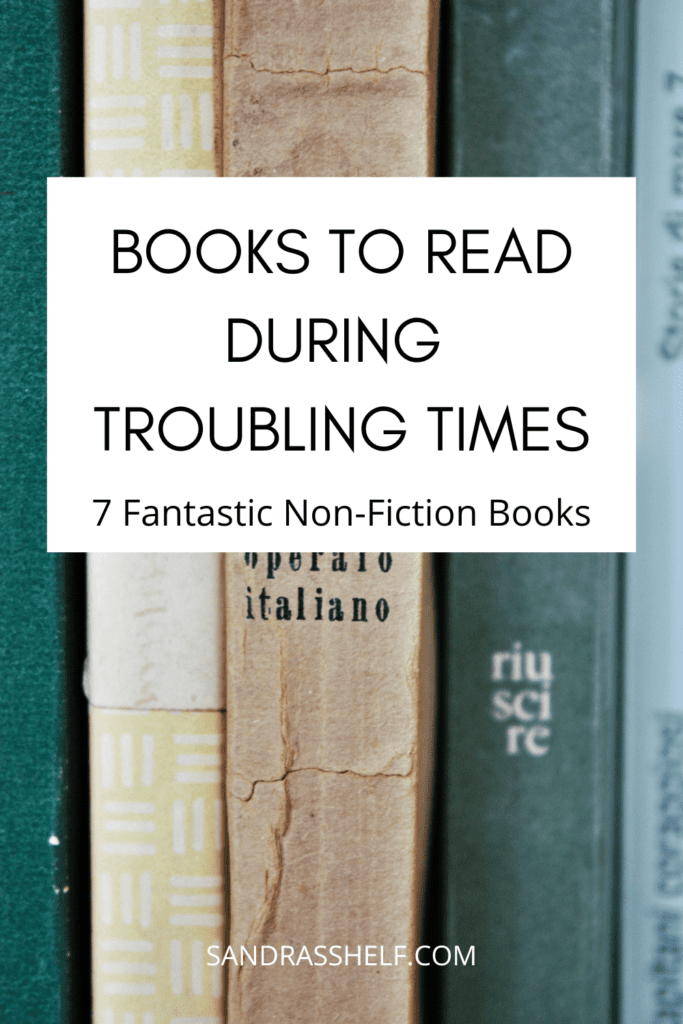
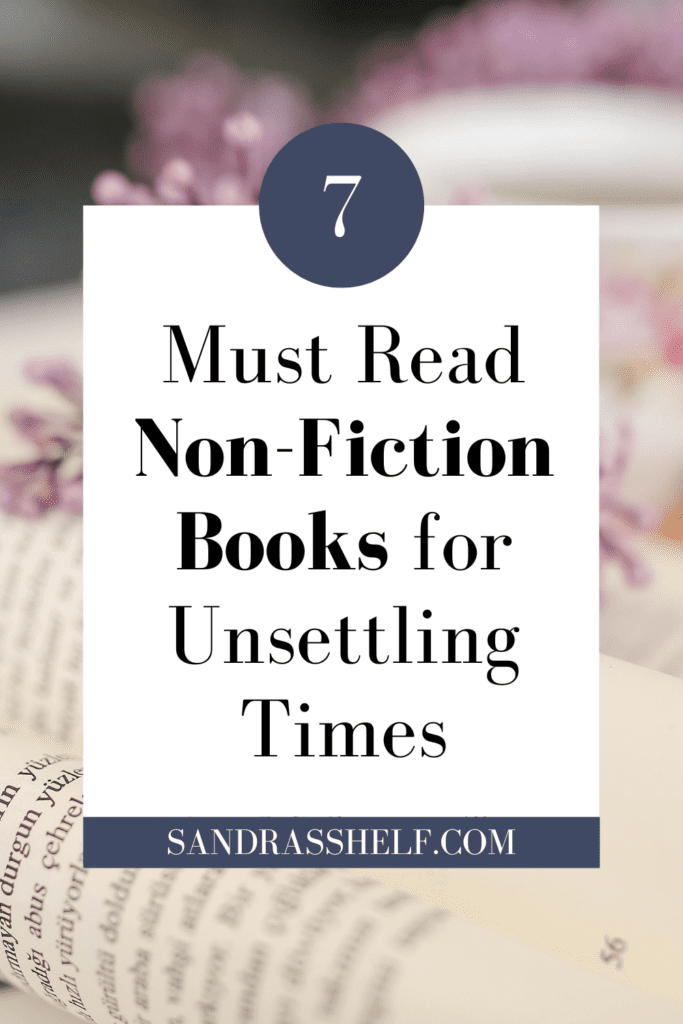
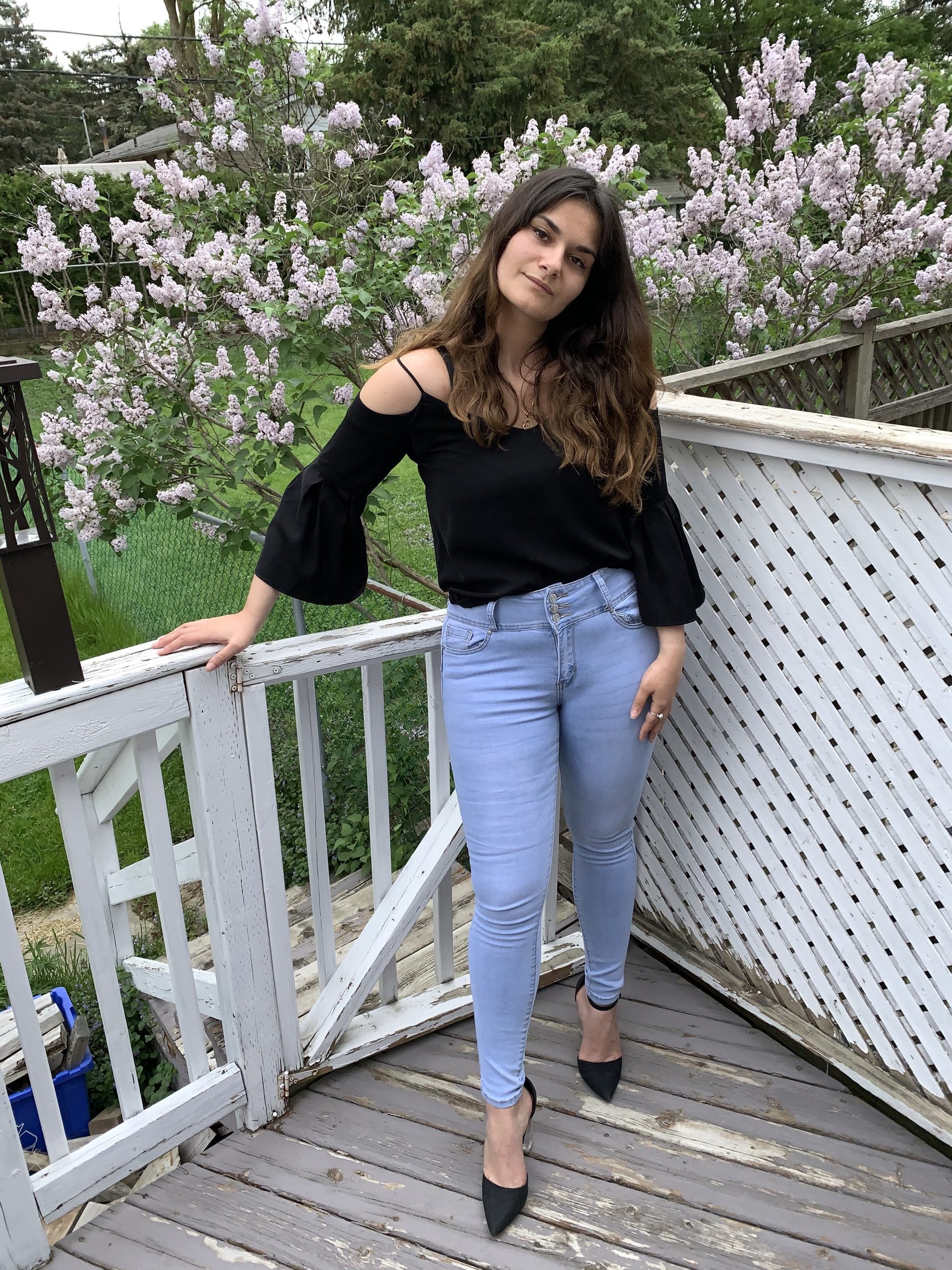
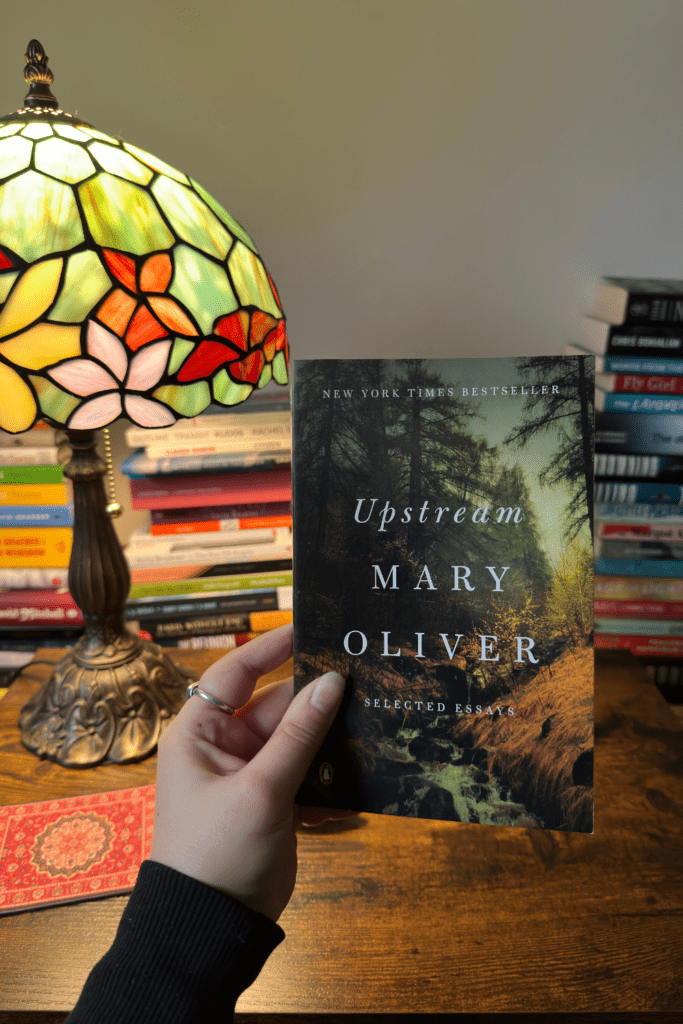
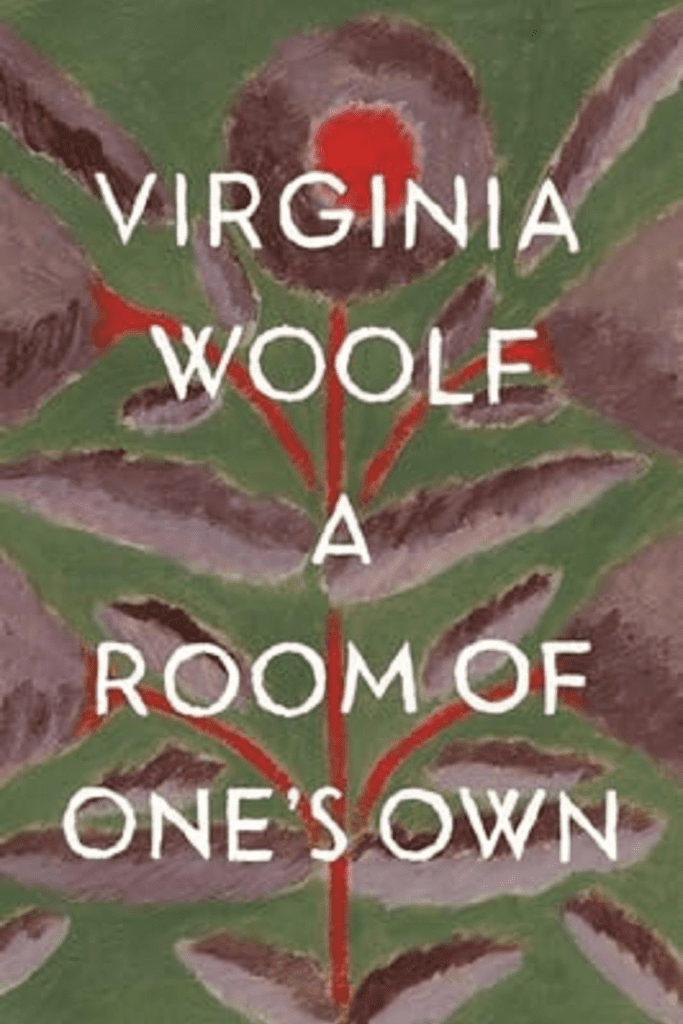
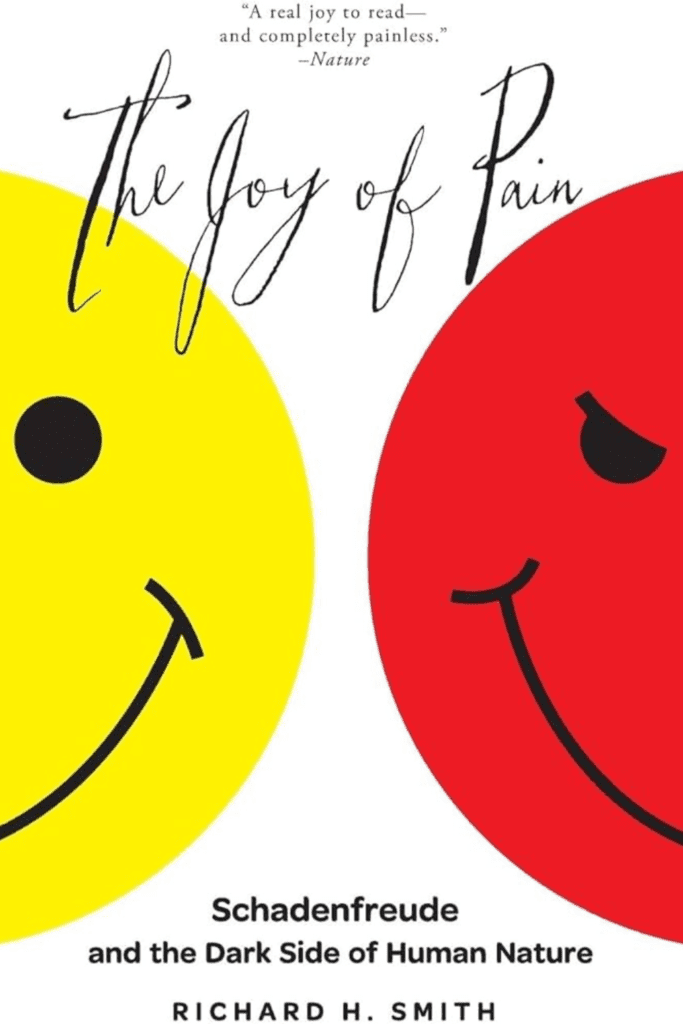
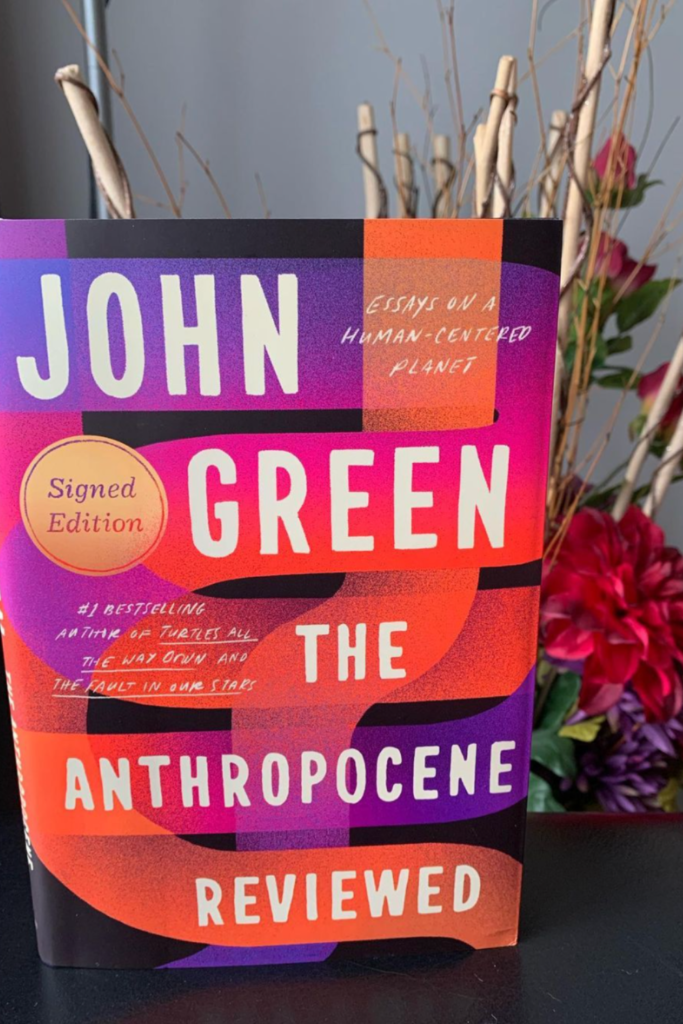
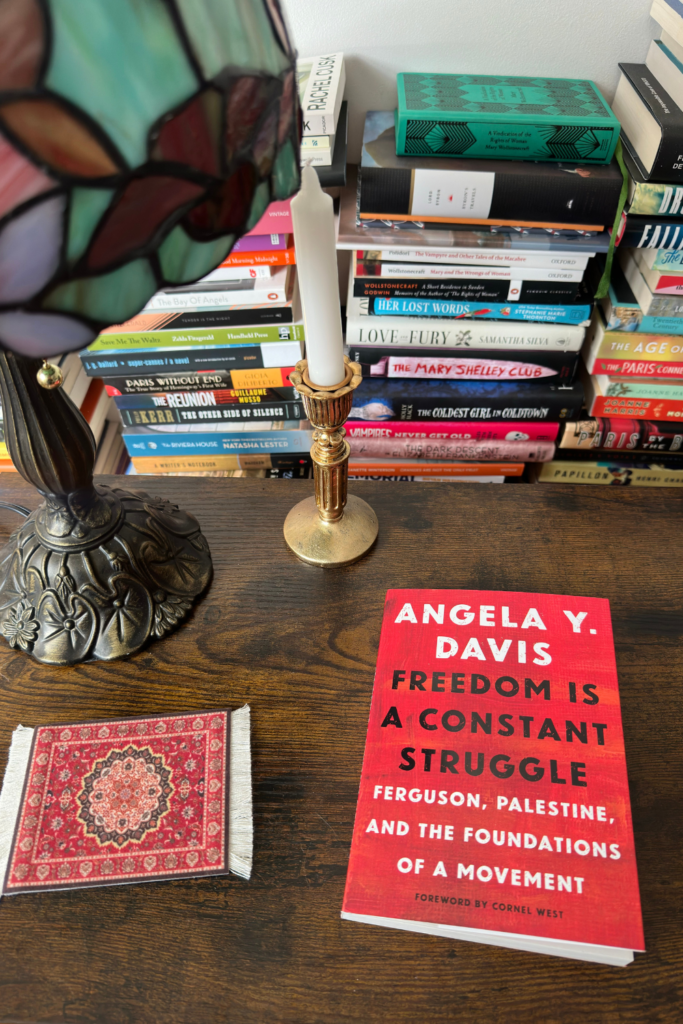
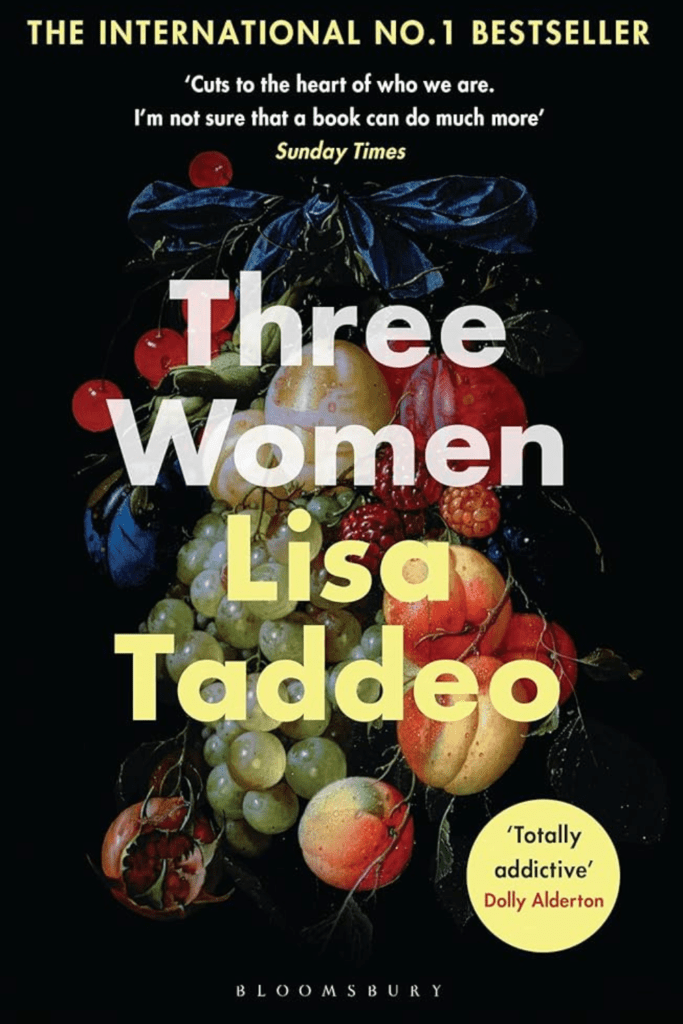
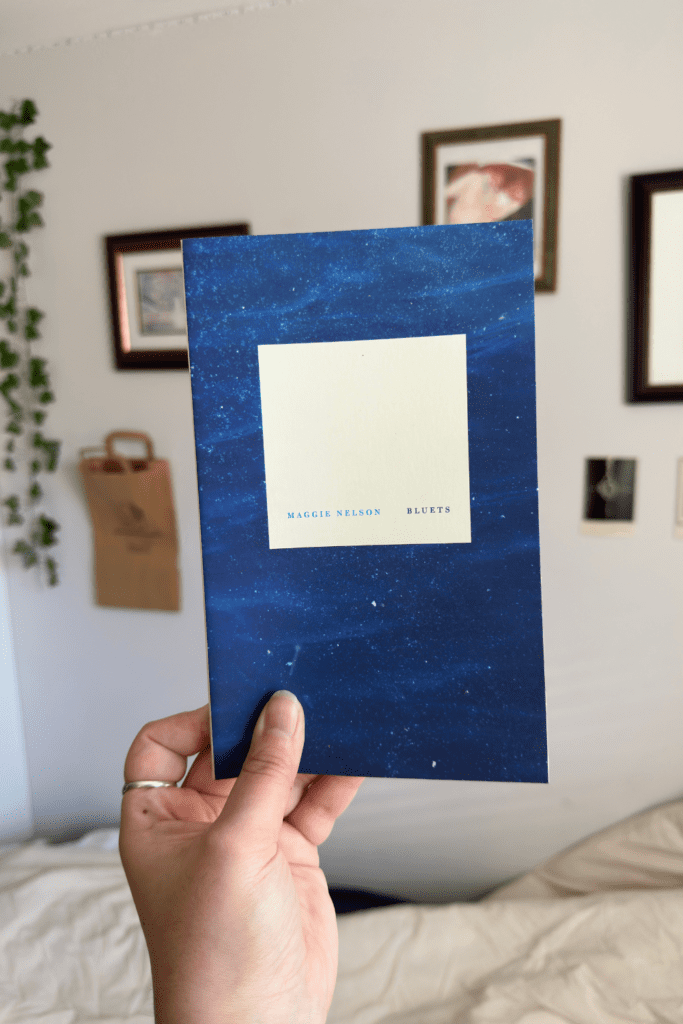
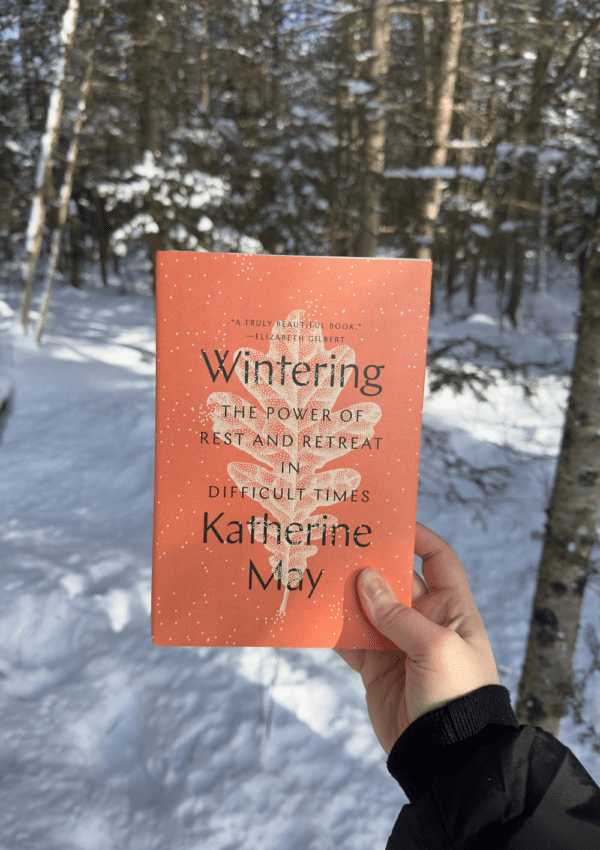
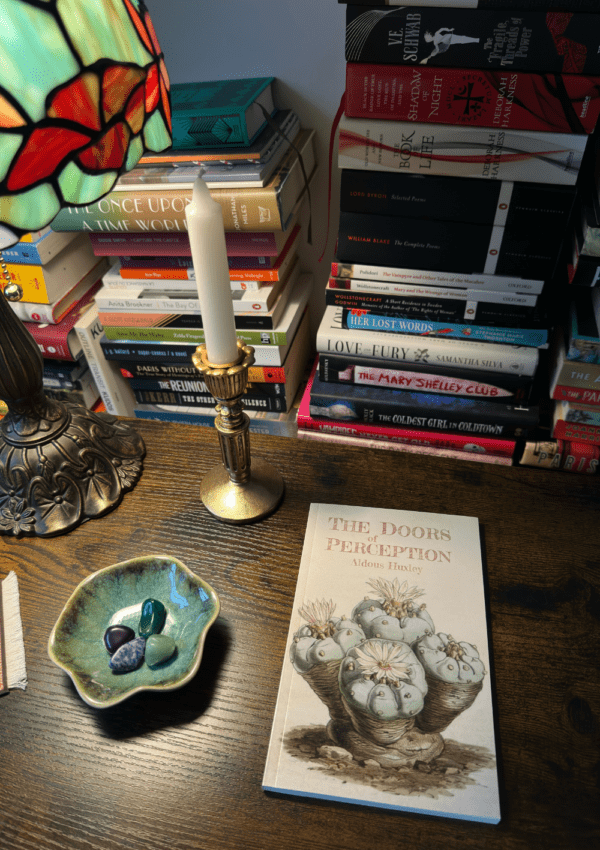
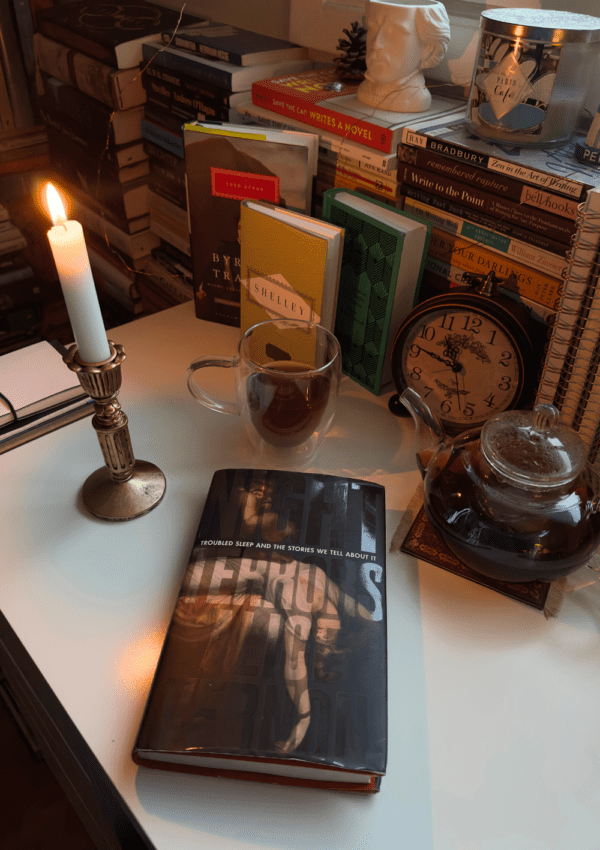
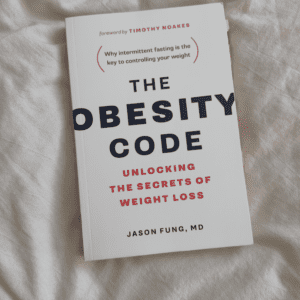

Leave a Reply